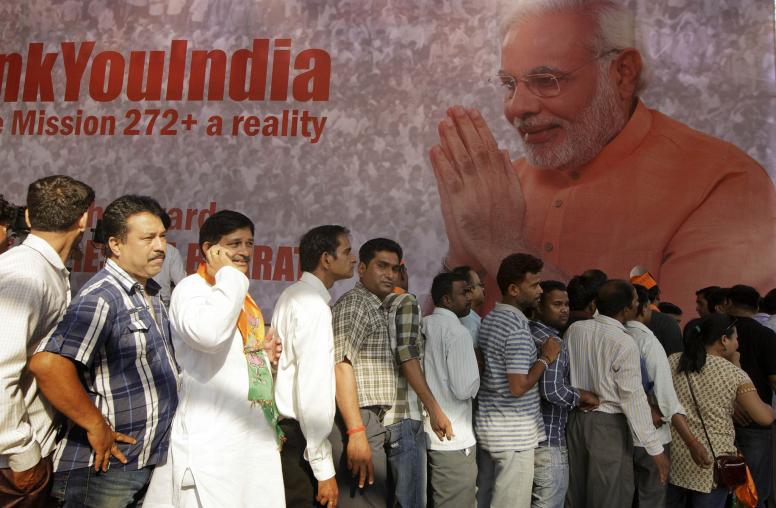Current Political Developments in the Federation and the Future of Bosnia-Herzegovina

Left to Right: Nedzib Sacirbey, Richard Solomon, Edhem Bicakcic, Drago Bilandzija, and John Menzies (partially obscured).
On June 17, 1998, the United States Institute of Peace hosted an open meeting with Prime Minister Edhem Bicakcic and Minister of Finance Drago Bilandzija from the Federation of Bosnia & Herzegovina as part of the Institute's ongoing Bosnia in the Balkans Initiative. The two officials discussed current political and economic developments in the Federation and the future of Bosnia & Herzegovina.
They reflected on the changes that have occurred since the implementation of the Dayton Peace Accords in 1995, including improvements in transportation and railways and infrastructure development of cities. In addition, they stressed that there has been increased cooperation with the Republika Srpska in establishing joint financial institutions; promoting inter-entity legal trade; and implementing a federal and cantonal police system, a joint tax system, and a much needed uniform currency.
The two officials also discussed the question of how to ensure social peace and the return of refugees. Prime Minister Bicakcic stressed that the return of displaced persons is contingent on a stable economic environment and pointed out that successful returns are taking place in cities like Mostar.
The Balkans Initiative of the United States Institute of Peace uses the efforts of the Institute's various programs to support the peace implementation process in Bosnia. Through these efforts, the Institute seeks to fulfill its mandate to find and explore creative solutions to international crises and conflict.
Speakers
- Edhem Bicakcic
Prime Minister of The Federation of Bosnia-Herzegovina - Drago Bilandzija
Deputy Prime Minister and Federal Minister of Finance, Federation of Bosnia-Herzegovina - John Menzies
Senior Fellow, U.S. Institute of Peace - Nedzib Sacirbey
Ambassador-at-Large, Federation of Bosnia-Herzegovina - Richard Solomon
President, U.S. Institute of Peace
Media Inquiries
Please contact Ian Larsen (+1.202.429.3870) or Lauren Sucher (+1.202.429.3822) in the Office of Public Affairs and Communications.






